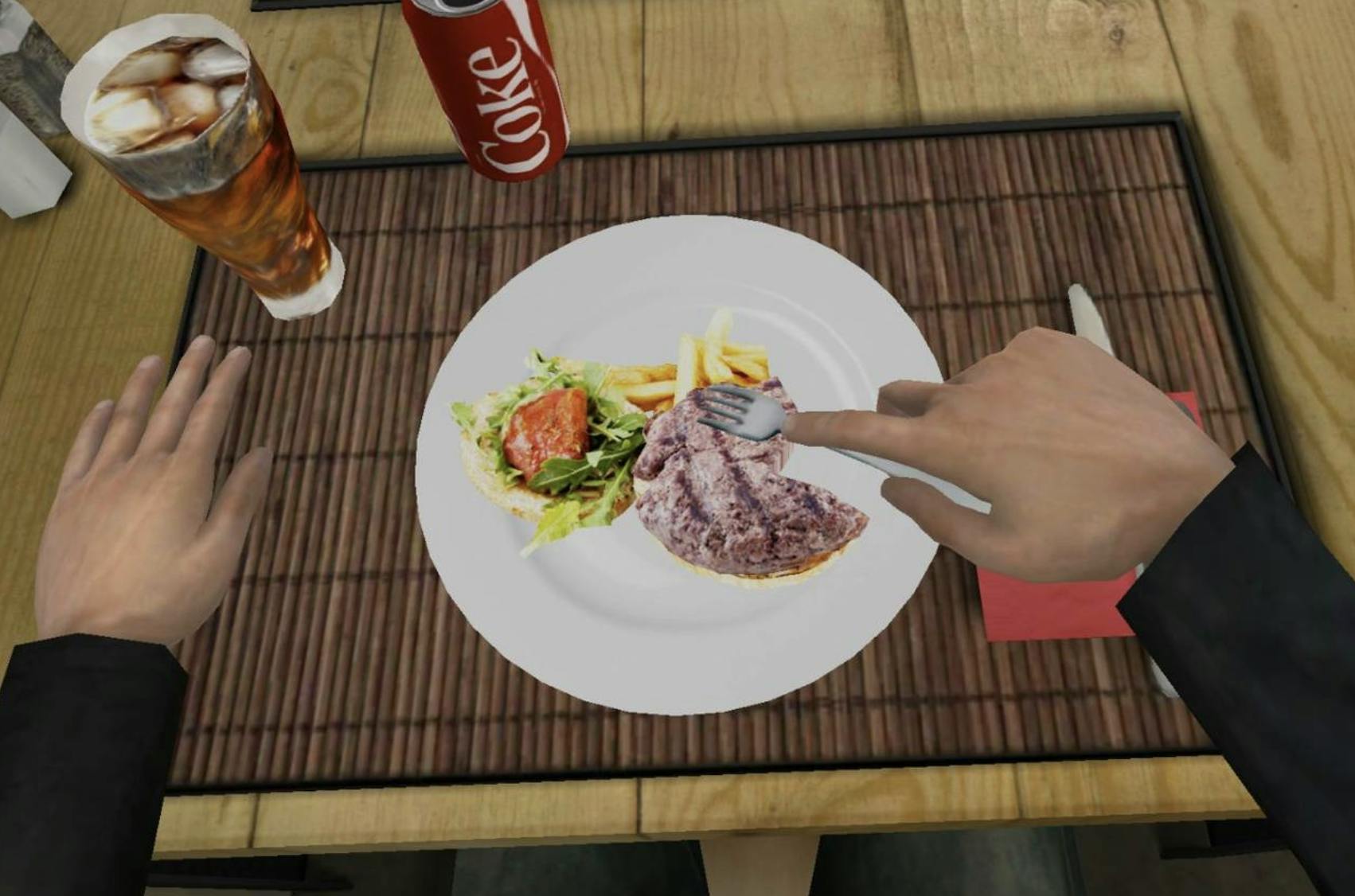Cognitive Science Research Studies
By Erin Kang
April 14, 2021 · 3 minute read
Cognitive Science
Cognitive Science (CogSci) is a relatively new field that has been taking the world of science by storm. The research being conducted in this field is extremely prevalent in our world and will continue to be. This week we will be focusing on three vastly different Cognitive Science research studies.
Boredom and Sleep Procrastination
I'm sure we’ve all fallen victim to procrastination, but have you ever experienced bedtime procrastination? Bedtime procrastination refers to this phenomenon of an individual sacrificing their sleep quality to compensate for lost time during the day. The reduction in sleep quality could lead to a decrease in cognitive performance. As a result of the health risks that come with bedtime procrastination, researchers have attempted to pinpoint the exact reason behind bedtime procrastination.
In a paper published in March, researchers discovered that boredom plays a distinct role in bedtime procrastination. Those who are more susceptible to boredom also tend to have decreased levels of mindful attention. For example, not being aware of the task you’re doing can lead to rote movement.
In order to decrease bedtime procrastination, individuals can plan their night routine out so the boredom doesn’t overwhelm their actions and thoughts. Additionally, during the day, improving mindful attention by focusing on the tasks at hand will also reduce the amount of bedtime procrastination we do.
TW: Mention of eating disorders below
Virtual Reality Lends a Helping Hand in the Treatment of Binge Eating Disorder
Binge eating disorder (BED) is characterized by the frequent consumption of uncharacteristically large amounts of food coupled with a feeling of loss of control. There are several treatment options for BED, cognitive behavioral therapy being the most popular, but a large group of people still maintain their symptoms even after the treatment. Therefore, a virtual reality training has been highlighted as a rather successful treatment option in changing patient behavior.
During the virtual reality training study, published in March, the participants were exposed to a Go/No Go paradigm. A group of participants were shown a realistic 3D model of a binge food (i.e pizza), fruits, vegetables, or neutral items (i.e bowl). The binge foods were associated with the words “no go”, the fruits and vegetables were associated with the word “go”, and the neutral items were associated with the words “no go” half the time and “go” the other half.
All the 3D models were placed on a plate in front of the subjects. Participants were told to grab the “go” items and “eat” them as fast as they can. They were asked to refrain from touching the “no go” items. Researchers found that throughout the training participants showed reduced binge eating behavior. Furthermore, the participants felt that the training was relatively easy to go through.
The use of virtual reality in the treatment of BED, with further research, has the potential to become one of the most popular and effective treatments of eating disorders.

Facial Recognition Technology and Predicting Political Orientation?
Facial recognition technology uses computer algorithms to identify faces. This technology is mostly employed for biometric security, law enforcement, airport security, etc. In a recent study, researchers have found that it is possible to accurately predict an individual’s political orientation based on facial images.
Michal Kosinski, an associate professor at Stanford University, tested this theory using a facial recognition algorithm. The algorithm compared participants’ facial features to the average features of conservatives and liberals. The results? A little too accurate. Among US Facebook users, the accuracy went up to 73% compared to the 55% accuracy of humans. Obviously, these results and the predictability of political orientation using facial recognition technology does not necessarily insinuate an innate difference between conservatives and liberals. We must also consider the possibility of the effects of transient features such as eyewear, headwear, facial hair, etc.
These findings and others like this show the endless possibilities and the continuous progress of computer vision and artificial intelligence.

These three studies have widely different applications in our society but are all under the umbrella of Cognitive Science. From bedtime procrastination to facial recognition technology and more, the field of Cognitive Science encompasses a wide range of topics. If you would like to learn more about Cognitive Science, check out our other CogSci articles on our page.
Sources:
https://www.sciencedirect.com/science/article/abs/pii/S0191886920306516
https://www.sciencedirect.com/science/article/abs/pii/S019566632031610X
Did you enjoy this article?
About The Author
Erin Kang is a senior at James S. Rickards High School and is a part of the SciTeens team. Her hobbies include baking, listening to music, and playing the violin. If you have any questions or future article recommendations, feel free to contact her at erin@sciteens.org.